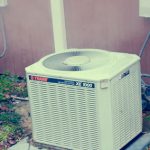
Winter Comfort Tips
Look for these problems that may increase your winter energy costs:
- Thermostat setting is too high. 68 degrees is recommended. Set your thermostat carefully, and lower the temperature to 65 degrees at night if you have a heat pump, or 55-60 degrees overnight if you have gas, oil or electric strip heat. If you heat to 78 degrees, expect high bills.
- Heat pump thermostat accidentally set to “Emergency Heat” all winter. A simple mistake that can double or triple your heating costs.
- Clogged filters and restricted airflow. If you have a heat pump, anything that restricts airflow will reduce efficiency and increase your heating costs. Change your air filter monthly. If it’s too dirty to see much light through it, it’s time to clean or replace it.
- Inadequate ceiling insulation. If your ceiling insulation is shallow, you’ll lose heat rapidly from the house to your cold attic. Ceiling insulation target levels for Tallahassee: R30 to R38 (11-14″ of blown white fiberglass; or 8-10″ of blown cellulose insulation).
- Heating system duct leaks. If your air distribution ducts have major leaks in the attic or crawlspace, your heating costs can double.
- Heat pump low on refrigerant. You’ll need a checkup by a qualified service technician to detect this problem. If low on refrigerant, your heat pump will run longer and operate backup heat strips more frequently; operating costs can double.
- Heat pump outdoor condenser failed or locked out. If you have a heat pump, the big visible fan in the backyard unit should spin when you’re heating. If it doesn’t, and you heat all winter with only with the backup electric “strips”, your heating cost can double or triple.
Recent Posts




